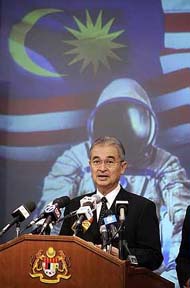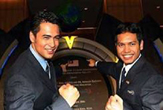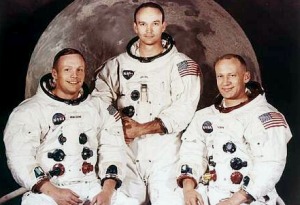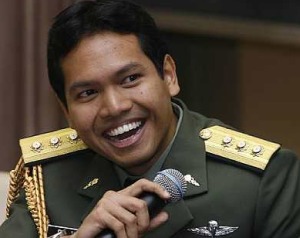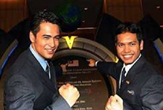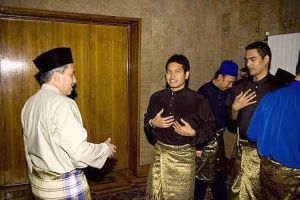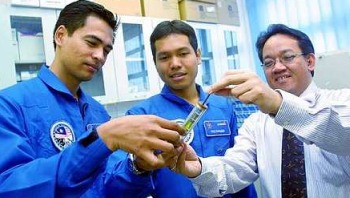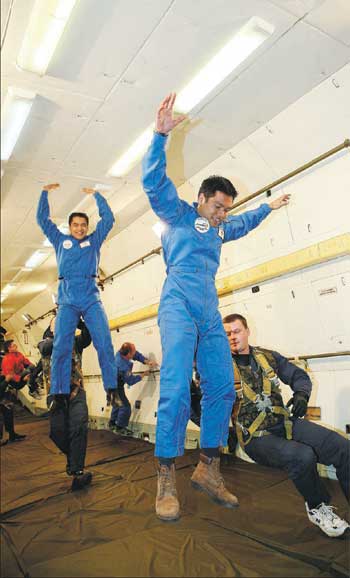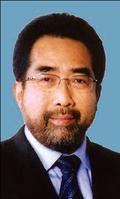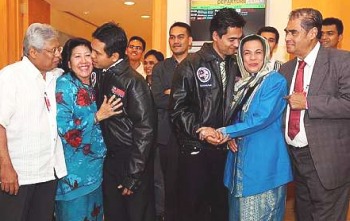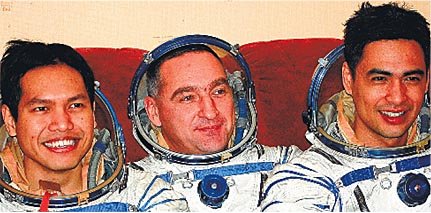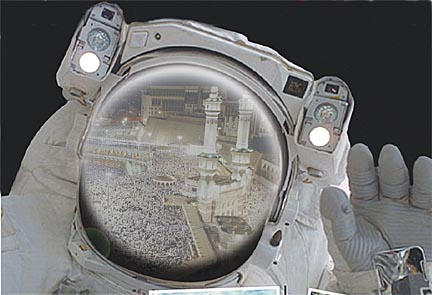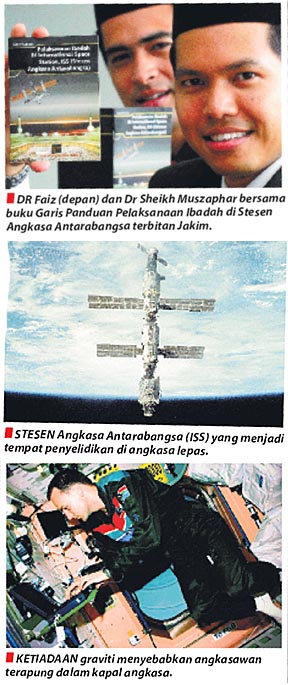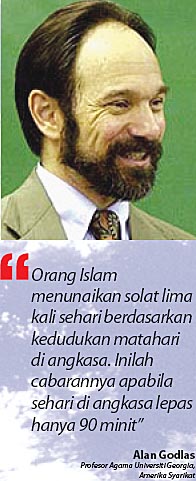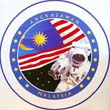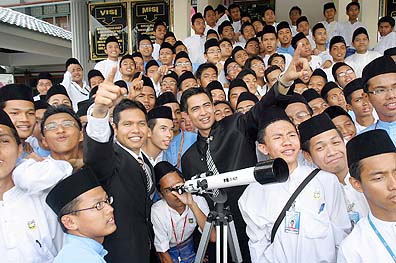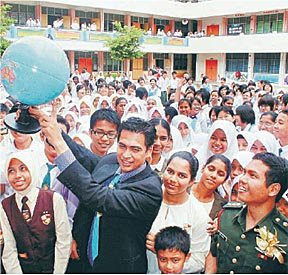The protein crystallisation in space project is headed by Universiti Putra Malaysia deputy dean (research & graduate studies) Prof Dr Raja Noor Zaliha Raja Abd Rahman.
Prof A. Rahman said that besides having to address the rationale of sending an experiment to space, other challenges they had to face included limitations in the International Space Station (ISS) due to limitation of space, routine lab equipment, crew time and ideal experimental conditions.
There are also the issue of specialised hardware, safety issues, documentation, engineering as well as logistics.
There's not only the limited load the astronaut can take along to the ISS (15kg) and bring back (5kg) but there is also the nightmare of strict Russian customs clearance on the flight hardware. Nevertheless, it is an exciting time for the local scientists.
On the impact and spin-off from the experiments, Prof A. Rahman said it would be a first for Malaysian scientists, who will get the rare opportunity to learn, design and carry out experiments in space.
They will also be able to conduct research collaboration and interaction with top US and Russian scientists besides administrative collaboration with Nasa, European Space Agency and Japan Aerospace Exploration Agency (Jaxa).
"Although we might not be able to afford to send an astronaut to space again, this programme will establish local expertise and capacity building in gravitational biology and space research," he said.
On why space experiments were needed, Prof A Rahman explained that space provided the unique condition of microgravity and space radiation.
Microgravity affects various organisms and biological systems. For one thing, cells become spherical in space and this affects various physiological processes.
He said bacteria also grows faster and may become more virulent while protein crystals become more pure because of the lack of gravity.
The experiments may sound complicated but the astronaut’s tasks have been simplified, with the limited time he would have for the experiments.
Prof A Rahman said the tool for his experiment involved simple special test tubes called the fluid processing apparatus (FPA).
The apparatus has three levels of containment (to meet safety requirements), including three chambers to be filled with the cells/bacteria, medium as nutrient for the cell and fixatives, respectively.
The experiments will be loaded into the flight hardware two days before take off and examined for leakages before being packed into a special bag.
The mission for the Angkasawan involves unloading the FPAs into the incubator for incubation at 37°C for optimal growth of cells.
On the third flight day, the astronaut will activate the experiment by pushing the plunger to add the medium into the cell/ bacteria while on the sixth day, he will terminate the experiment by adding the fixative to the cell/bacteria suspension.
The astronaut will activate the crystal growth experiments by rotating the protein chamber and conduct daily status checks. At the end he will deactivate the experiment by rotating the chamber to reseal the samples.
"It is a simple job but because of micro-gravity, a 30 second job will take four times longer. We will be in constant contact with the astronaut in case anything goes wrong," said Prof A Rahman, adding that the experiments would be packed into the special bag and secured onto the returning vehicle.
"The experiments, together with the astronauts, will return to Kazakhstan as urgent cargo. Speed is important because of the need to control temperature, and the load has to be handled with care. The experiments will be transported to Malaysia for analysis," he said.
Prof A. Rahman said analysis of the experiments would take between three months to a year and the results would be published and shared in seminars.
But even before the Angkasawan has gone to space, the Malaysian scientists have already gained international recognition.
Japan, which plans to launch its Japan Experiment Module in the ISS, has invited Prof A. Rahman and the other scientists to participate in future experiments because of the experience they have gained in the last two years.
Under the Mars exploration programme, Russia has asked the Malaysians to propose experiments on its volunteers for its simulation exercise.
"The trip to Mars is expected to take 500 days and the simulation will involve volunteers confined in a building for a long period. The experiment will be on how they will be affected in terms of psychology, physiology and behaviour," he said.
The astronaut too will be participating in the European Space Agency study on astronauts. For the Angkasawan effort, the agency has gotten an extra 2 kg of load for the programme to be taken on board.

